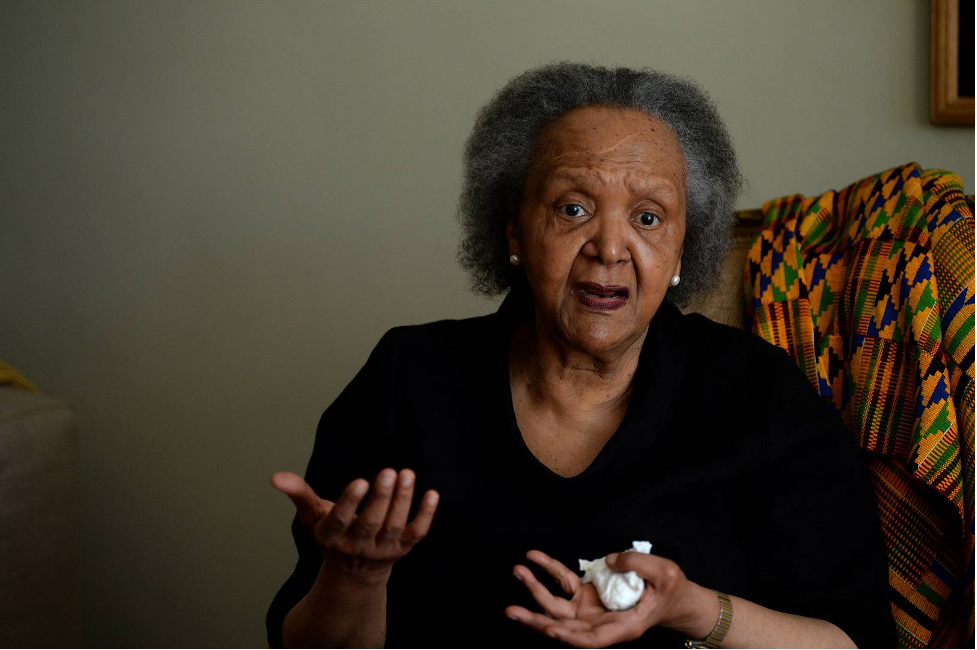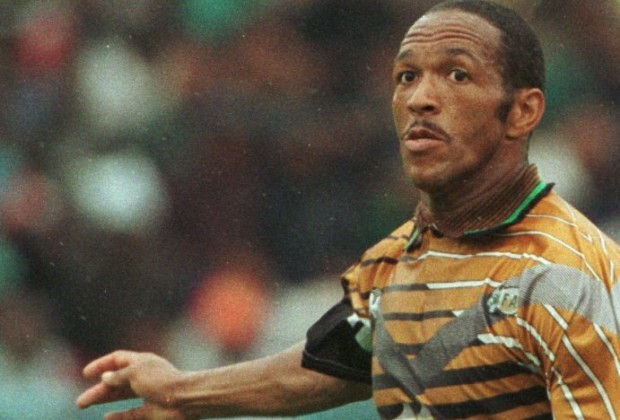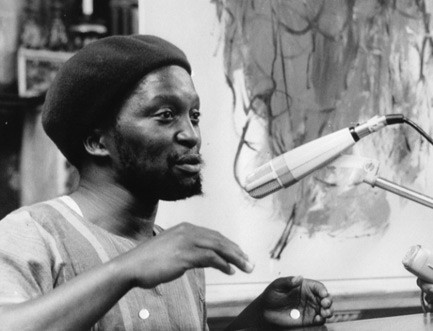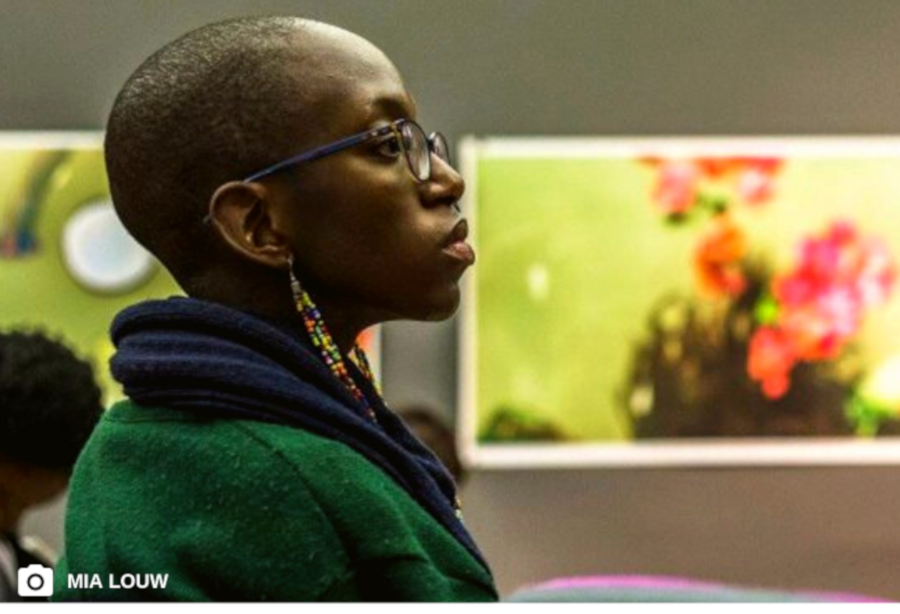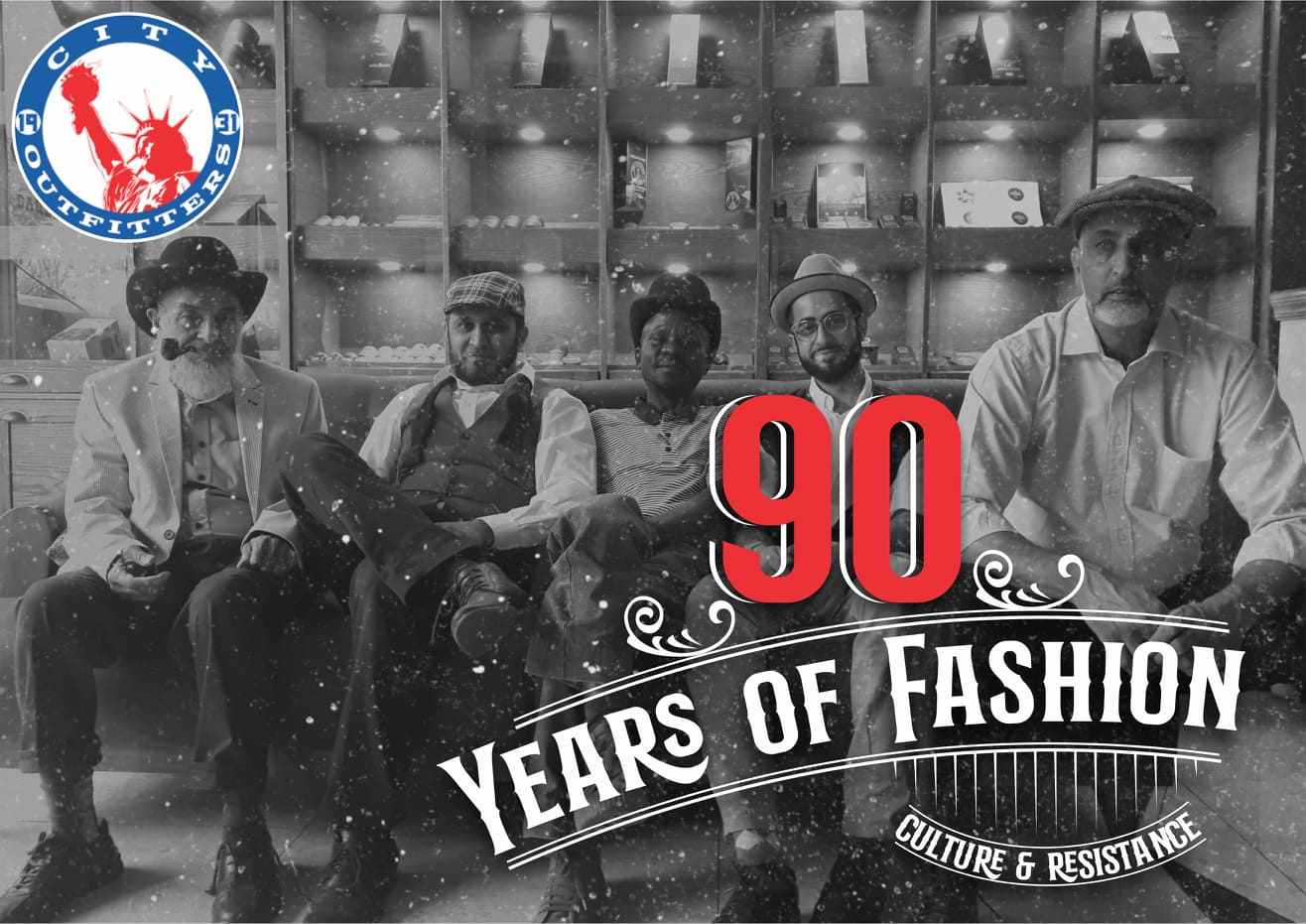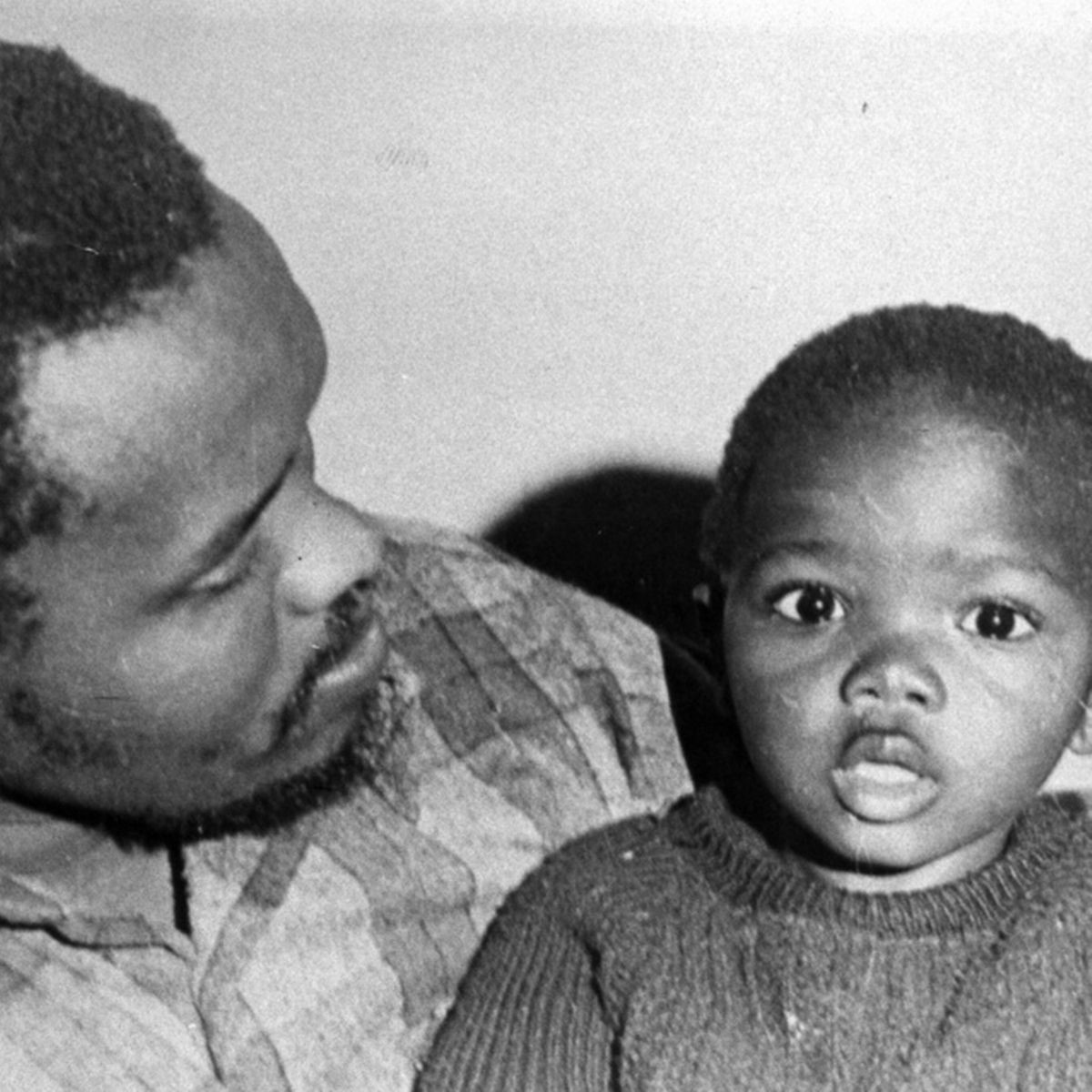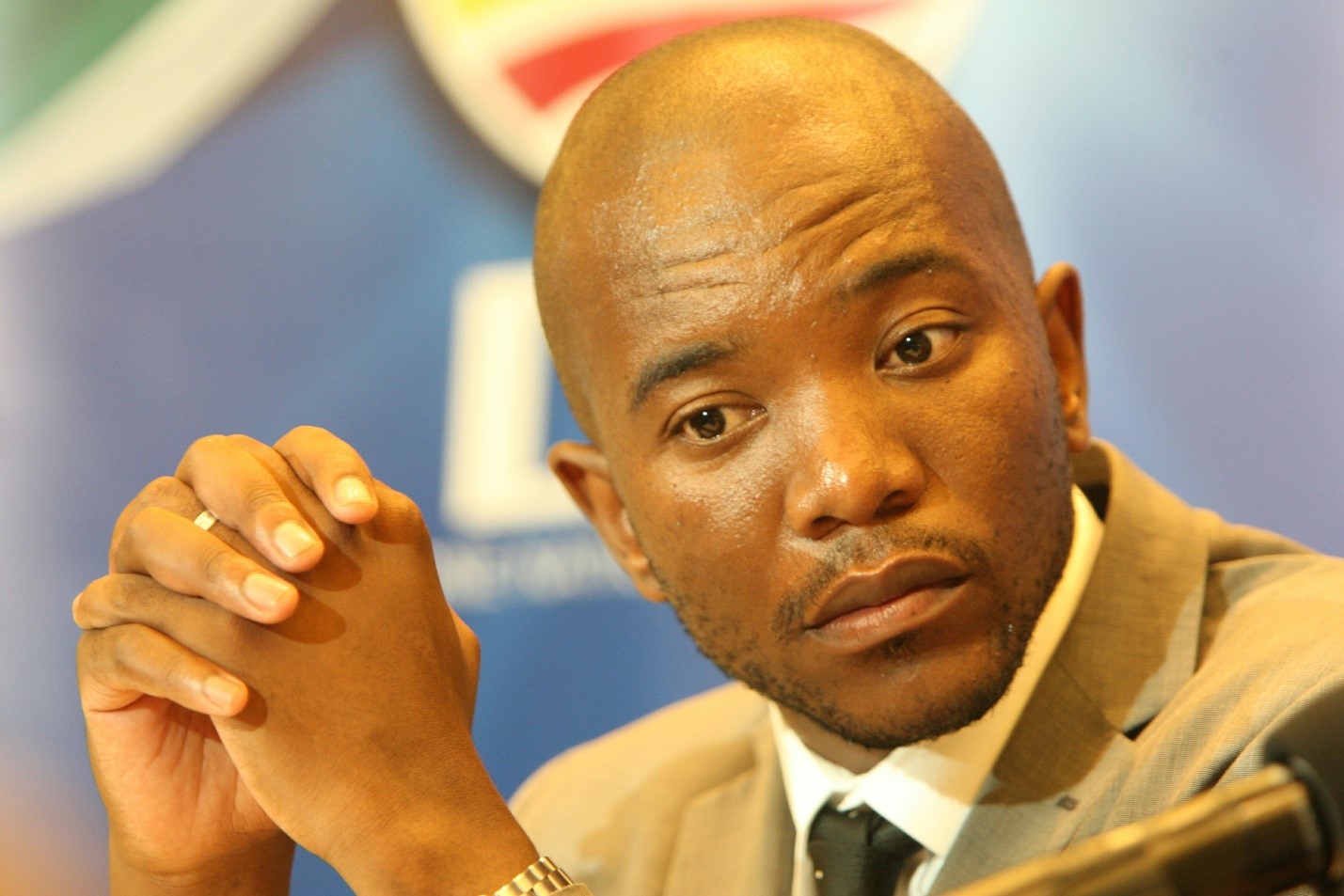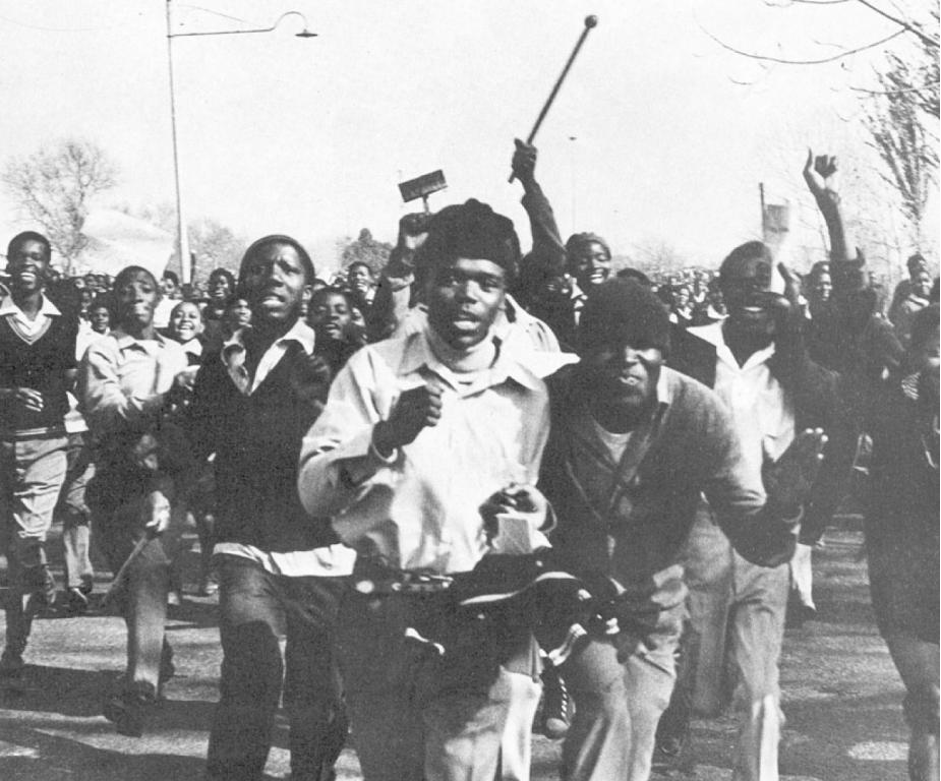The inaugural 'Johannesburg Festival of Women Writers' was a resounding success, demonstrating the strong demand for women's writing in South Africa. Those who doubt the existence of women writers in South Africa, or the level of interest in their work, are encouraged to seek feedback from attendees of the event, which was dubbed "An Intergenerational Conversation" and hosted by the Johannesburg Institute of Advanced Study (JIAS) at the Johannesburg Business School (JBS) in February 2023. The JBS venue was formerly known as Media Park, which was once the headquarters of 'Media 24'. Interestingly, the conference proceedings took place in a section of the venue that was once used as a parking lot. The event featured a range of established and emerging women authors as panelists, as well as a few book vendors selling some of their works. The diverse and intergenerational audience suggests that feedback from attendees will likely confirm the success of the event and the strong interest in women's writing in South Africa.
UJ's commitment to hosting the inaugural 'Festival of Women Writers' was clearly demonstrated by the presence of its most senior leaders, who were given respective slots on the programme. While there were a few conspicuous absences, including incoming Vice-Chancellor and Rector Prof. Letlhokwa Mpedi and UJ's Director of the 'Centre for the Study of Race, Gender and Class' Prof. Victoria J. Collis-Buthelezi, the Plenary Session in Room LG 023, which was packed to capacity before lunchtime, was a resounding success.
Attendees were informed by outgoing Vice-Chancellor and Rector Prof. Tshilidzi Marwala, whose tenure ends this month, that the inaugural conference was the brainchild of Dr. Barbara Masekela, an author, poet, educator, activist, and JIAS Fellow, whose book Poli Poli (2021) is a must-read. Dr. Masekela was supported by Elinor Sisulu, an award-winning writer, children's literature specialist, and activist, and the Director of JIAS, Dr. Bongani Ngqulunga, was acknowledged as an enabling pillar in realizing Dr. Masekela's proposal. Prof. Marwala also announced that UJ's Chancellor, Dr. Phumzile Mlambo-Ngcuka, had been appointed the Patron of the 'Johannesburg Festival of Women Writers,' which will be held annually.
Leading by example, Prof. Marwala presented his latest book, The 4th Industrial Revolution and International Relations, to the UJ Chancellor, who received it with enthusiasm. As an author of about 16 books, Prof. Marwala emphasized the importance of reading by repeating his mantra, "Those who do not read must not lead, lest they mislead us into temptation and deliver us to Satan." This festival will serve as part of Prof. Marwala's legacy at UJ, and he leaves on a high note.
Although the festival was free and open to the public, the organizers attempted to pack too much into a single day. Dr Masekela and her team organized nine sessions, with most running concurrently, except for the popular ‘Plenary Session’ (1 pm-1.40 pm) and the less attended ‘Closing Session’ (4 pm-4.15 pm). The first two panels, held from 10-11:15 am, were themed ‘Trends in and vision for contemporary writing in South Africa’ (moderated by Dr Danyela Demir) and ‘Children’s Literature: The challenges of creating culturally and linguistically relevant children’s literature rooted in our storytelling traditions’ (moderated by Nthabi Sibanda, founder of Puo Books). The 11.30 am-12:45 timeslot featured two themes that I particularly enjoyed: ‘Life Writing: Celebrating and Writing Life-Biographies, Autobiographies, and Memoirs’, and ‘The ARC: From your head to my bookshelf’ (moderated by Jenny Crwys-Williams, an author), as well as ‘Poetry: Song, spoken words, and heritage’ (moderated by Dr Gcina Mhlophe, a storyteller). The 2.30 pm-3.45 pm slot featured ‘The UN Decade for Indigenous Language 2022-2032’ (moderated by Dr Athambile Masola) and ‘Academic Writing: The Politics of Citation and Importance of correct referencing’ (moderated by Dr Danyela Demir). Dr Sindiwe Magona’s keynote address in the ‘Plenary session’ echoed the sentiment expressed in the festival program that “Women write to make their voices heard, but those voices risk being muted if their books do not reach their intended audiences. More platforms are needed that celebrate and promote the voices into all our cultural and educational models to reflect the full range of joy, play, and pain found in the work of South Africa’s women - be they writers, performers, dramatists, storytellers, screenwriters, or poets.” It would be beneficial for the festival to be extended to three days in the future, and for the organizers to consider including panels for publishers, representatives of local bookshops (who play a vital role in selling books by women writers), and male authors writing about women. Malibongwe igama lamakhosikazi!
Dr Tshepo Mvulane Moloi (Postdoctoral Research Fellow)
Ali Mazrui Centre for Higher Education Studies (AMCHES) br />
University of Johannesburg

